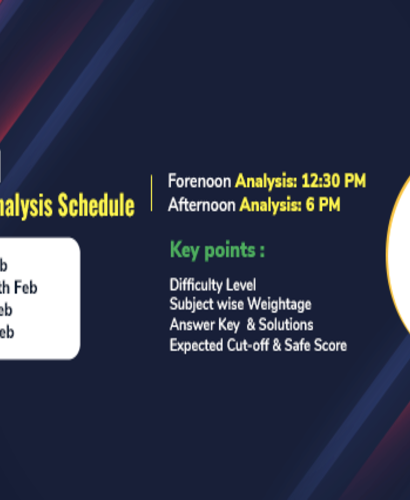Do you recall your first day of school? There was probably excitement with getting new supplies, school clothes, or other accessories ready to go for the new year. The first day was likely a whirlwind of meeting new people and getting familiar with a new classroom. But soon, some of the first-day luster probably wore off, and you knew you needed to figure out how to be successful in this new environment for the longer term. Maybe your teacher insisted on work in pen, whereas your prior teacher required a pencil. Perhaps last year, you were encouraged to shout out answers in class, but this year it will earn you demerits. You had to learn how to adapt.
Schooling, as an older child or young adult, may have required an even stronger ability to adapt. Now you were older, and teachers assumed you could ‘figure it out’ if you weren’t exactly sure how things worked. When you entered your third or fourth college class, did you feel prepared? Suppose your first few classes never published a syllabus ahead of the first day. How ready were you to walk into class with the professor expecting that you had not only acquired the course materials but had read the first few chapters already? To do well and succeed in the class, you quickly realized that you needed to change your approach to the course and your preparation methods.
The need to change and adapt is an important part of any growth process, including learning, at any level. In a learning environment, it’s essential to recognize that there is room for adapting and changing by both the student and the teacher. These key considerations can also be implemented in various learning situations, whether your child is beginning school in Dubai or elsewhere, or you are extending your own education with an online learning experience.
Clear Expectations
When you were younger, and your mom asked you to ‘put away your laundry,’ it may have taken a few teaching moments and reminders to learn she did not mean ‘dump the clothes on the closet floor and shut the door.’ A learning environment requires the same clarity of expectations for those involved.
The instructor is a key player in this arrangement, with the responsibility to lay out clear expectations for all classroom aspects. If turning in assignments using an online system is required, that should be explained up-front so that everyone knows how to use it properly. If students should come to class having already read the course materials ahead of time, a syllabus or other means should be used so that students are aware of requirements.
Plan to Succeed
Once clear expectations are laid out, students may discover that they need to adapt their prior learning techniques in order to meet those expectations. For example, maybe math work came easily last year, but this year the topic is more complicated or moving through content topics more rapidly, and it will require more time devoted to study and homework.
Rather than ‘winging it’ and risking falling too far behind to catch up, a better strategy is to develop a plan to align learning expectations to what it will take to meet them. A study planner can be very valuable in this task, allowing you to see ahead of time where you may be extra-busy so that you can prepare early as much as possible.
Communication
Clear communication is essential in all areas of life, and learning is no exception. From the student’s perspective, you probably want to think most about what and how you communicate the most. When you are a student, and you’re struggling, whether it’s with a specific assignment or with an ongoing procedure for the class, what is your typical approach to the problem? Do you turn inward and focus hard on trying to solve the problem yourself, or do you reach out to an adult (a parent, teacher, or other trusted adult) to help? In order to effectively adapt your technique to be more successful, you may have to be more clear in your communication channels to indicate you need help.
From the instructor’s side, you may not have been very communicative in the past, but for effective learning to happen, ongoing open communication is crucial. Are you available at convenient times of day, and using convenient and age-appropriate methods for your students? Teachers can make it a point to be available for questions and extra help for a reasonable number of hours each week. They can also be more proactive, taking notice of students who may need a little extra guidance and reaching out in case they are reluctant to do so themselves.
By adapting and changing your approach to meet the situation’s needs, you can enhance any learning situation that you meet in life.












